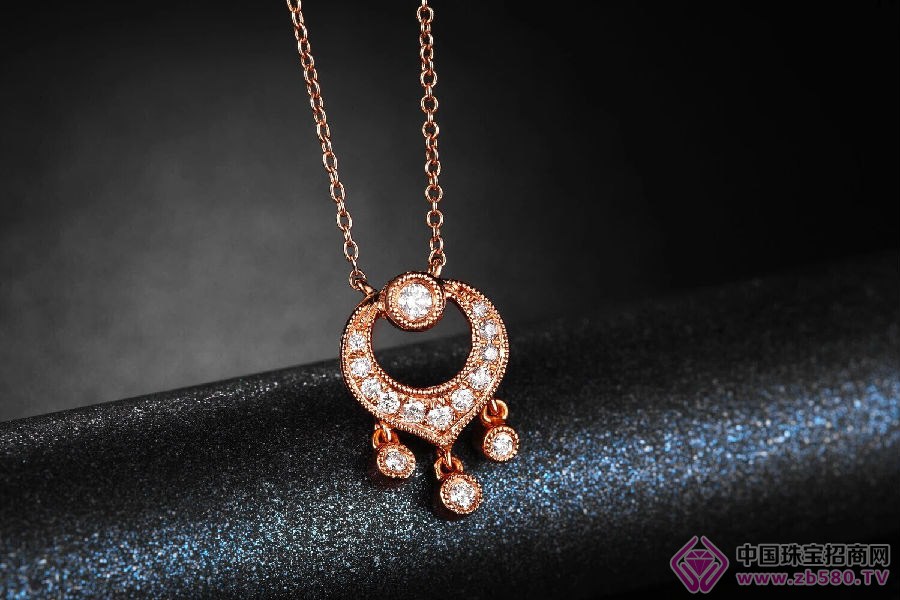Experts from the Nanjing Institute of Geology and Paleontology of the Chinese Academy of Sciences discovered that a 6-mm-sized mother of scale insects “sleeps†55 babies and babies in the oocysts, and 5 have just given birth. "This is the earliest insect fossil preserved by adults, larvae and eggs." Wang Bo, an associate researcher at the Nanjing Institute of Geology and Paleontology, Chinese Academy of Sciences, told Modern Express.
This fossil is the direct evidence of the earliest insect breeding behavior in the world, indicating that the predatory behavior of scale insects originated at least 100 million years ago.

One hundred million years ago, the living environment of the earth was bad, especially young insects. Because they could not adapt to the environment, they probably died shortly after birth. Paleontologists have very limited understanding of the insect breeding behavior of insects at the time, because the insect fossils that are pregnant and are giving birth are really too few.
Wang Bo is very lucky. His research team has been conducting research on Burmese amber since 2005. “It’s really a matter of luck to find valuable fossils.†Wang Bo said that their team screened 200,000 Burmese ambers and found a fossil of a scale insect that was being delivered.
This beetle, which is giving birth, is only 6 mm in size, and since it has passed 100 million years, the body has become transparent. Wang Bo polished the fossil to a thin enough, and then observed the hardship of the mother of the scale insect by means of a microscope: the oocysts occupied most of its abdomen, and there were 55 small babies in it, and there were 5 beside it. A baby has just been born... "You know, there are fewer females, and there are fewer females who are pregnant with babies. And this worm mother is covered in gums when she is a baby," Wang Bo said.
The predator behavior of scale insects continues
"The oocysts of scale insects are like the uterus of a woman. It is also like a kangaroo's pouch. The baby develops in the oocysts to a certain stage before leaving the mother." Wang Bo said.
Wang Bo said that after the larva leaves the mother, it has a certain ability to adapt. However, nature is quite cruel, and although the mother of the scale insect has paid a lot, only one in ten of its children can survive.
Today, 100 million years later, many groups of scale insects continue this kind of child-raising behavior. "This suggests that the predatory behavior of scale insects originated at least 100 million years ago and showed long-term stagnation evolution," Wang Bo said.
Twill Rayon,Twill Plain Rayon Fabrics,Customized Dyed Yarn Rayon Fabric,Dyed Yarn Knit Fabric
ZHEJIANG HONGREN PRINTING & DYEING CO., LTD. , https://www.cr7textile.com